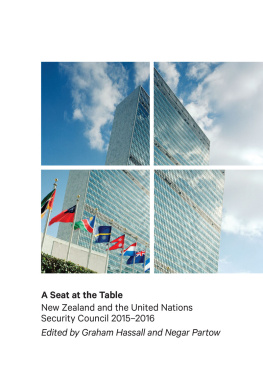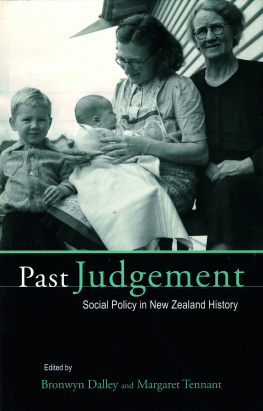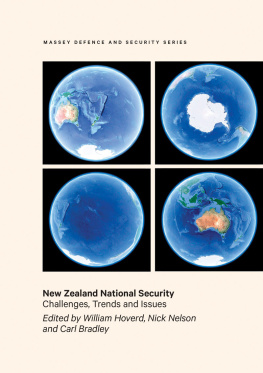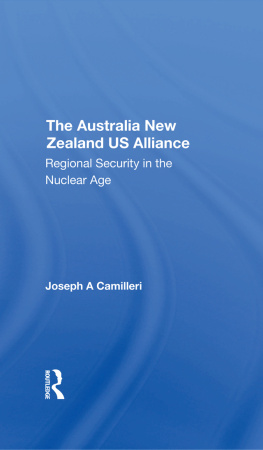This project was initiated and funded by the Department of Social Welfare. The committee members who represented the Department were John Jensen, Alan Nixon, and Helene Quilter, and later Rob Brown and David Simmers, who joined in discussions in the final stages. I was grateful for their vision of a history which would be less austere than policy accounts often are, and their enthusiasm for a book which would record the role of ordinary people. They provided valuable comments on the manuscript and insight into the tensions of policy-making, and shared their experience of the needs of government and the public.
I was fortunate in the help I received from the Historical Branch of the Department of Internal Affairs, which oversaw the project. Jock Phillips, Chief Historian of the Historical Branch, was decisive, encouraging and patient, and I am grateful for his direction. I valued Bronwyn Dalleys supervision and stimulus, and her perceptive criticism. The staff in the Historical Branch and the Historical Atlas freely gave advice and practical help, and lent me books, and Claudia Orange saw the book through the final stages of publication. David Green and Ray Prebble were sympathetic copy-editors.
The history was enriched by other staff in the Department of Social Welfare and members of the public outside of government who agreed to interviews and helped to make theoretical policy issues come alive. Other people gave their time to read the book in its early stages, and it was greatly improved by their questions and comments. Deborah Dunsford read early drafts of the whole manuscript, and Margaret Tennant and Chris Hilliard gave valuable criticism of near-final versions. Jonathan Boston, Sue Bradford, John Martin, and Barry Reay read individual chapters, and Rae Frances and Bruce Scates read the books introduction and conclusion, and encouraged my work. Judith Binney and Claudia Orange shared their understanding of early twentieth century Maori communities; Brian Easton pointed me to Bernard Ashwins diary, and both he and Russell Stone were helpful when I needed to clarify economic issues. Lynne Taylor produced the graphs for this book.
I was indebted to the help of many librarians and archivists who helped my research. Staff at the National Archives in Wellington and Auckland, the Alexander Turnbull Library, the Auckland University Library, and the Auckland Institute and Museum Library were co-operative and helpful. Department of Social Welfare librarians were interested in the project, and helped speed my requests when I was working out of town. The Departments archivists Gary Howat, Karen Dellabarca, Jalal Mayia, Porleen Simmonds and Evelyn Teo willingly assisted my access to recent files although I added a load to their customary work. I enjoyed the enthusiasm which Sue Upton in the Historical Branch gave to helping in the search for suitable illustrations, and appreciated the help of others: Johanne Buchanan in the NewZealandHerald illustrations department; Cyril Bradwell, who lent me Salvation Army photographs, and Gil Hanly who lent me her own; Sandra Coney for advice on sources of photographs; and Brian Corban for access to his family collection.
At Auckland University Press, Elizabeth Caffin, Christine OBrien and Katrina Duncan readily co-operated with my requests.
For the two years of researching this book I lived a life in two cities, travelling frequently to Wellington to read the Departments records in the National Archives and in the Departments own offices. I was grateful to Kathryn Hastings, who organised my travel arrangements. Wellington friends and family members warmly shared their homes at short notice, and took the stress out of a travelling life. In Auckland many friends took an interest in this history. Mike and Rosemary Riddell restored my confidence when work was difficult, and Jenny Carlyon gave me practical help and encouragement in the final months.
And amongst those closest to me I thank Graham for his generosity, and Thomas, Chloe, John and Isaac for their patience with the demands of a story which seemed unending.








